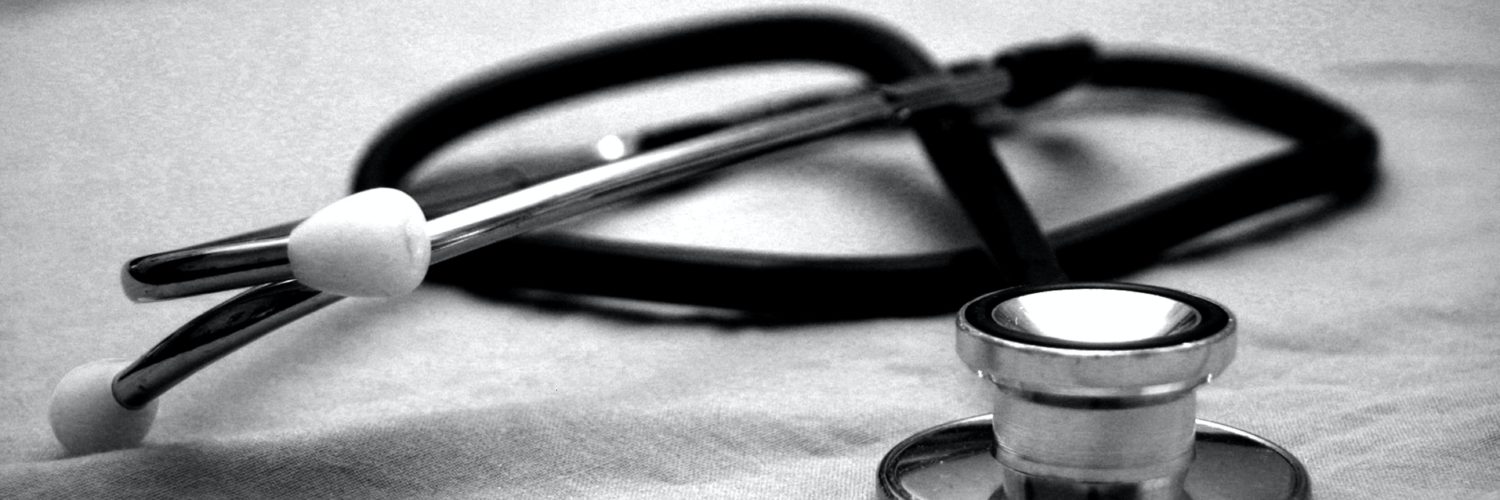I had just become the mom of an almost 3-year-old. My husband and I adopted a beautiful little girl from India after 2 years of paperwork, education, social worker visits, fundraisers, agency fees, and countless prayers. We thought we were ready, but like many first-time parents, it didn’t take long for us to be overwhelmed by all the needs of our amazing addition to our family. In this sleep-deprived state of new motherhood, I was expected to navigate health, dental, and vision insurance, multiple pediatric specialties, referrals, and more. I learned a great deal about prioritizing medical care for a newly adopted child and I hope to pass on guidance for others who are blessed to add to their family through international adoption.
1. Prepare
In most international adoptions, part of the referral process is obtaining medical records for the child. Some children adopted internationally will have special and medical needs that are easily treated in the United States but may have gone untreated abroad because of a lack of resources. These medical records will give an idea of what to expect, but they are in no way exhaustive.
Share the referral medical documents with a pediatrician or a doctor that specializes in adoption. Many agencies even require a physician to sign off that they have explained in detail the prospective child’s medical history and that the parents understand what the child will need after they are adopted. Note that this consultation from a doctor may not be covered by insurance because the child is not present. Our doctor waved the fee for our second adoption because she currently treats our daughter and is supportive of us adopting. Be open with your healthcare provider about your adoption plans and communicate your needs.
Another box to check off your pre-travel list is to get insurance sorted out before leaving the country. You have 30 days with most insurances to add a child after an adoption finalization, but getting everything started beforehand makes it all easier. After being on a plane for 20 hours and spending 7 weeks in India, I didn’t have a ton of mental energy to call a bunch of insurance agencies and shop around.
Before traveling, look at the specific travel and health guidelines for your child’s country. It is also a good idea to read the Center for Disease Control’s guide for international adoption.
Plan to spend some money out of pocket on healthcare. Paperwork takes time, and while the insurance agency will probably reimburse you, there could be several weeks and even months when your child needs immediate care, but the insurance company may be backed up on their claims.
Planning ahead as much as possible can make the transition home easier! That being said, there are some things that just have to be done once your bring the child home.
2. Meet Your Pediatrician
This has to be done before anything else, so it is important to get in with a pediatrician as soon as possible. We wanted someone who had experience treating children of color. We also asked around our community for a doctor that could work with kids with special needs and nutrition needs. Read up on how to find a pediatrician for your child (especially if you are adopting internationally).
The pediatrician, or family doctor, doesn’t have to be an expert on adoption or all adoption issues, but it does help to have a basic understanding of the process.
The pediatrician is the first line of defense and the person who refers your child to all the specialties they may need. Having a good relationship with the pediatrician and having a flexible, understanding doctor can go a long way.
3. Prioritize Specialists
When we came home from India, we had a list as long as my arm of things we needed to get looked at for my daughter. We knew many of the specialists she would need from our daughter’s referral paperwork; our adoption agency warned us about other issues that may arise as well. A specialist is a doctor who has credentials in a specific area of medicine. You will need a family doctor or pediatrician’s referral to even schedule an appointment with a specialist. It can take several weeks or longer to get in with specialists and some families even have to travel to see a specific doctor.
We started with an infectious disease doctor. There are some adoption specialist doctors that go by different names, but we found them to be expensive and it was hard to get insurance to pay for it. You can learn more about international adoption doctors and how they can help you along your adoption journey. Infectious disease doctors did all the tests for parasites and other contagious conditions that are typical of children living in India and other underdeveloped countries. It is very common for children living in orphanages to have parasites and other bugs from unclean water, undercooked food, and communal living conditions. The infectious disease doctor can rule out and treat immediate health concerns that can cause problems later on. That is why seeing them first was our priority.
The next specialist we saw was an ophthalmologist because our daughter had a medical history with her eyes that we wanted to get checked out as soon as possible. The pediatrician or family doctor will do a full physical and make sure there are no immediate concerns, but the specialists can pinpoint a treat specific conditions. If your child has hearing issues, prioritize that specialist. If your child has growth or hormone issues, you may consider seeing an endocrinologist as soon as possible. If your child is facing neurological or physical challenges, there is a specialist for that.
Lastly, we saw a dietitian for our child’s nutrition concerns. You may need to prioritize seeing a dietician before other specialists depending on your child’s needs, but very few internationally adopted children are at a healthy height and weight when they are adopted. A nutritionist or dietitian can recommend diets, formulas, and more to help your child grow and potentially gain weight in a healthy way.
It is important to note the timelines of seeing specialists. The exception was the infectious disease doctor who saw us within a month of coming home because dealing with immediate infectious and communicable conditions is time-sensitive. However, it can take several months to be seen by other specialists. Be patient and be willing to call as often as you need to get an appointment.
4. Get established with therapy
Like the medical specialists, getting therapy takes time. There are often waiting lists. While therapy will ultimately be super beneficial, it may not be essential that it happens before seeing the other doctors. Look more into the different types of children’s therapy and what your child may benefit from.
While not all children adopted internationally need therapy, it is good to look into for any child who is adopted. Some children living in orphanages or foster care can have developmental, speech, and physical delays and therapy can help children catch up.
The pediatrician is the doctor who will make a recommendation and referral, but it is important to do research and find great therapists. Look into Therapy 101: A Guide For Adoptive Parents about what therapy is and how to access it for your child.
5. Don’t Panic
As a mother, I want to do everything for my child right away. However, when adopting from an underdeveloped country, there is often basic medical care that is not provided. We think of immunizations and wellness checks for our children as commonplace, but our children may not have received even the most basic care while living in an orphanage or foster home.
While I wanted to get our child to a dentist, we waited for more than a year. Even a relatively healthy child may need to see a few specialists and do some catching up before they need to do things like going to the dentist. Our pediatrician said her teeth looked great and so we waited. If the pediatrician had said she needed immediate dental work, we would have prioritized it earlier. I wanted to get it done and it worried me to wait so long but it was the right choice for our child. She had so much change in that first year, so we didn’t need to add a scary dentist’s visit to that long medical to-do list.
My child has several special needs that we knew of before we adopted her and we tried to meet those needs as fast as possible, but it took about a year to get all the immediate medical care she needed and now we just have to do follow-ups. Even a child who is healthy will need a great deal of medical care and, what we call, medical catch-up. Even if the process may feel intimidating, remember that there is help and support in getting your child the medical care he or she needs.




